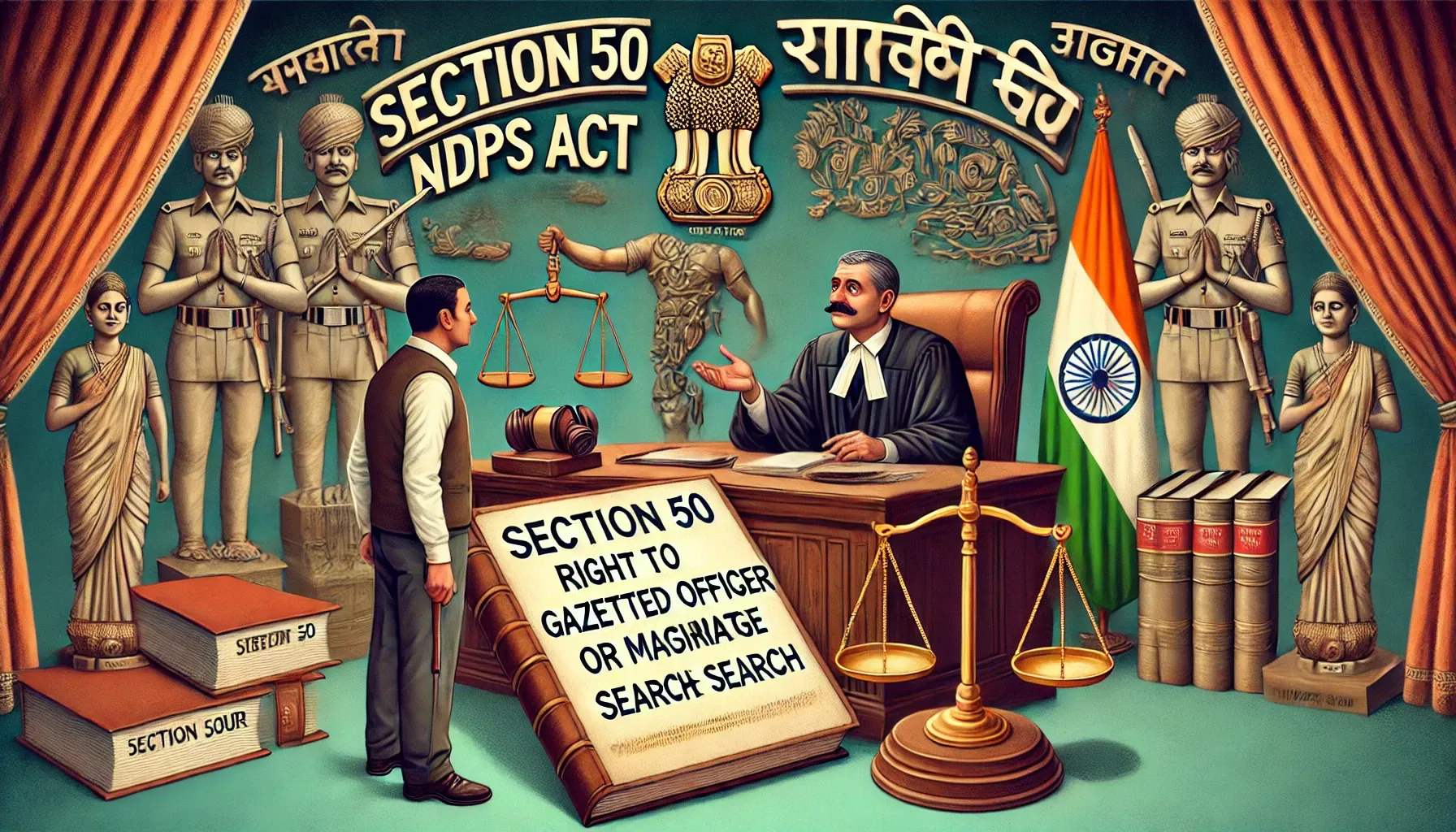
case-study
Case Study: State of NCT of Delhi v. Mohd. Jabir
The Supreme Court in State of NCT of Delhi v. Mohd. Jabir upheld procedural compliance under Section 50 NDPS Act, ruling that using "any" instead of "nearest" Gazetted Officer doesn’t invalidate the search if substantive rights aren’t prejudiced. Bail was revoked.

case-study
Case Study: State of NCT of Delhi v. Mohd. Jabir
The Supreme Court in State of NCT of Delhi v. Mohd. Jabir upheld procedural compliance under Section 50 NDPS Act, ruling that using "any" instead of "nearest" Gazetted Officer doesn’t invalidate the search if substantive rights aren’t prejudiced. Bail was revoked.
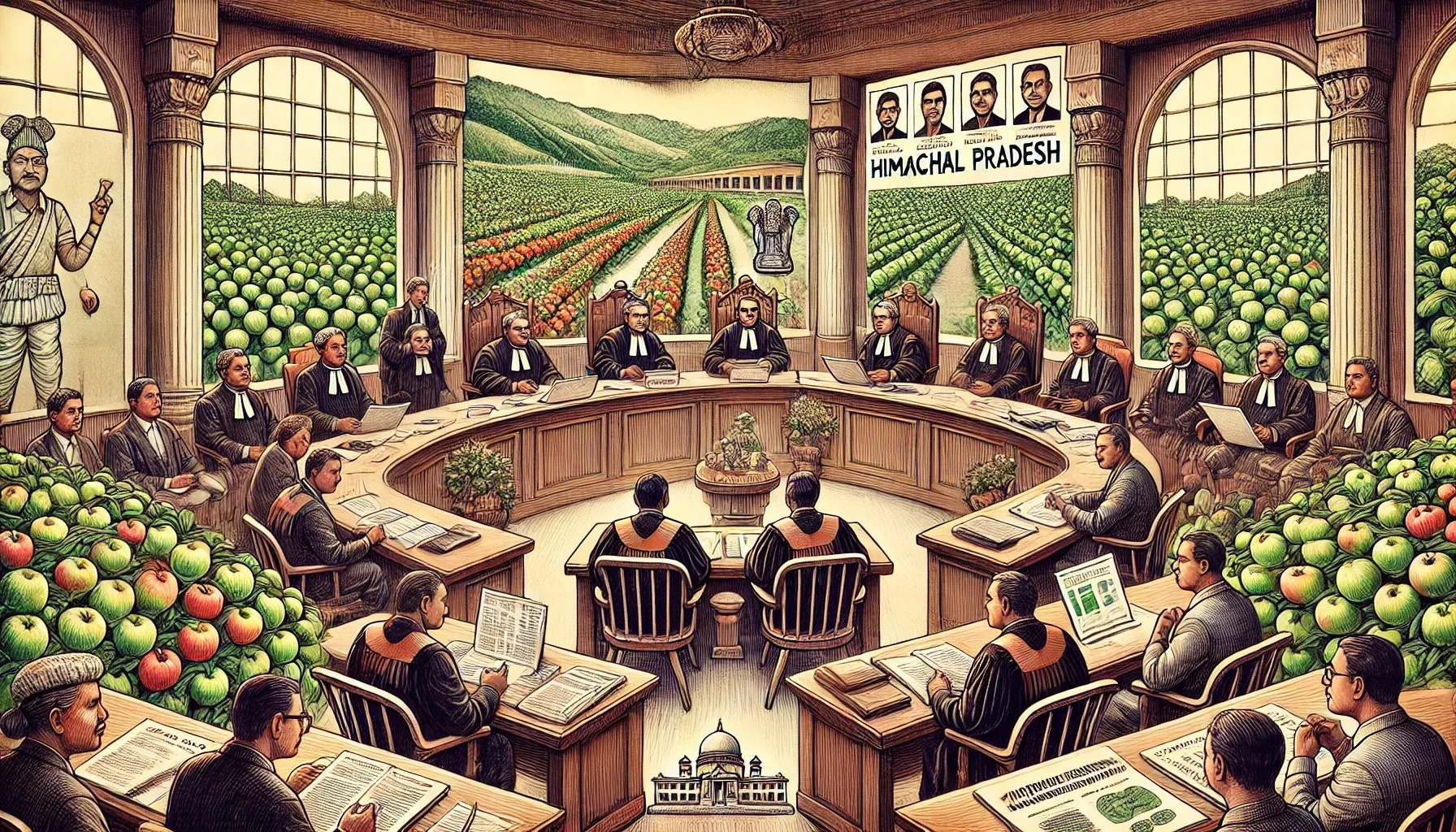
case-study
Case Study: State of HP v. Jai Lal & Ors.
Expert evidence must rely on scientific methodology, adequately explained and backed by credible data, allowing courts to independently evaluate its accuracy and reliability
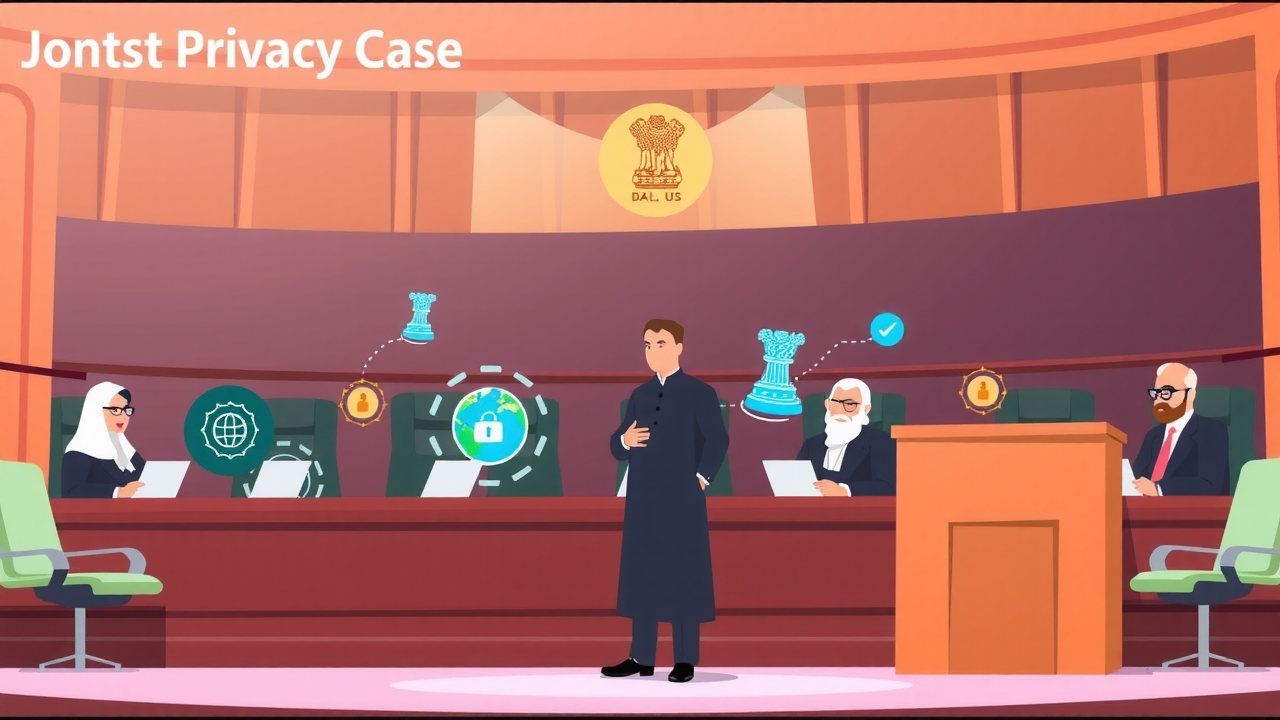
case-study
Case Study: Justice K.S. Puttaswamy & Ors. v. Union of India (UOI) & Ors.
In Justice K.S. Puttaswamy v. Union of India, the Supreme Court affirmed privacy as a fundamental right under Article 21, integral to dignity and autonomy, yet subject to reasonable restrictions.
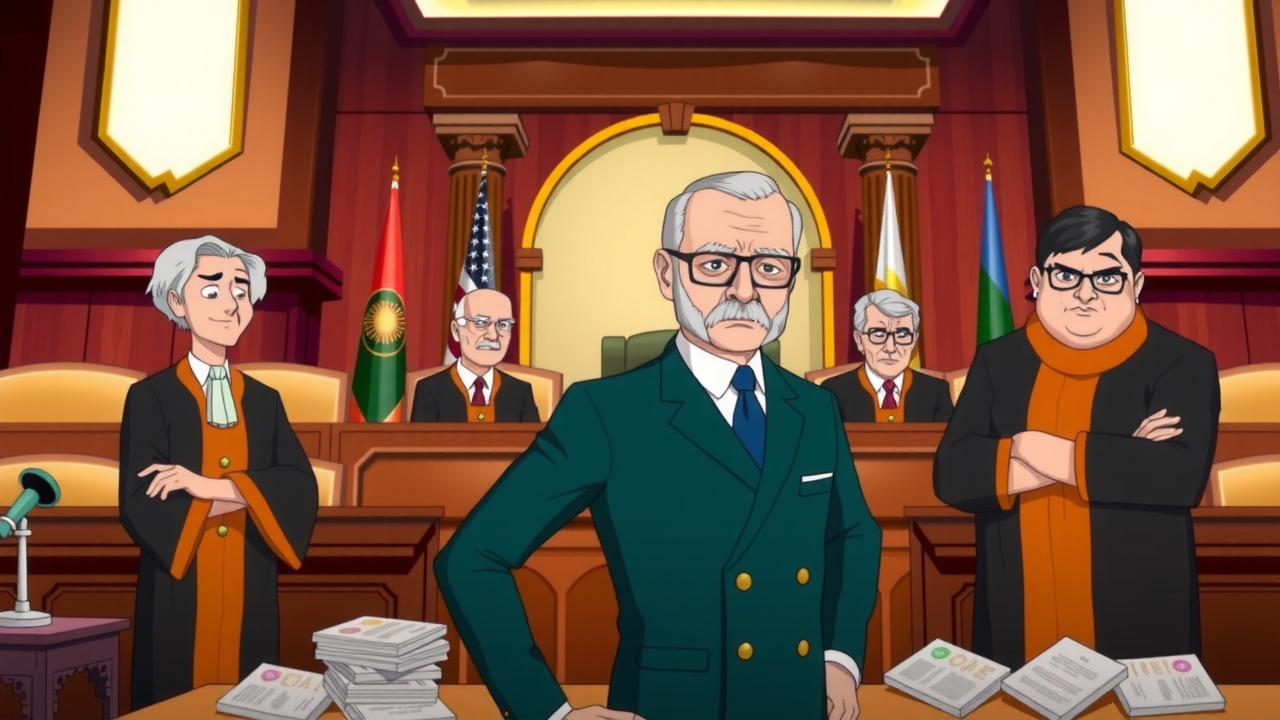
case-study
Case Study: Rustom Cavasjee Cooper and Ors. v. Union of India
In Rustom Cavasjee Cooper v. Union of India, the Supreme Court invalidated the 1969 bank nationalization act, citing inadequate compensation and violation of property rights, thus breaching Articles 14, 19, and 31.
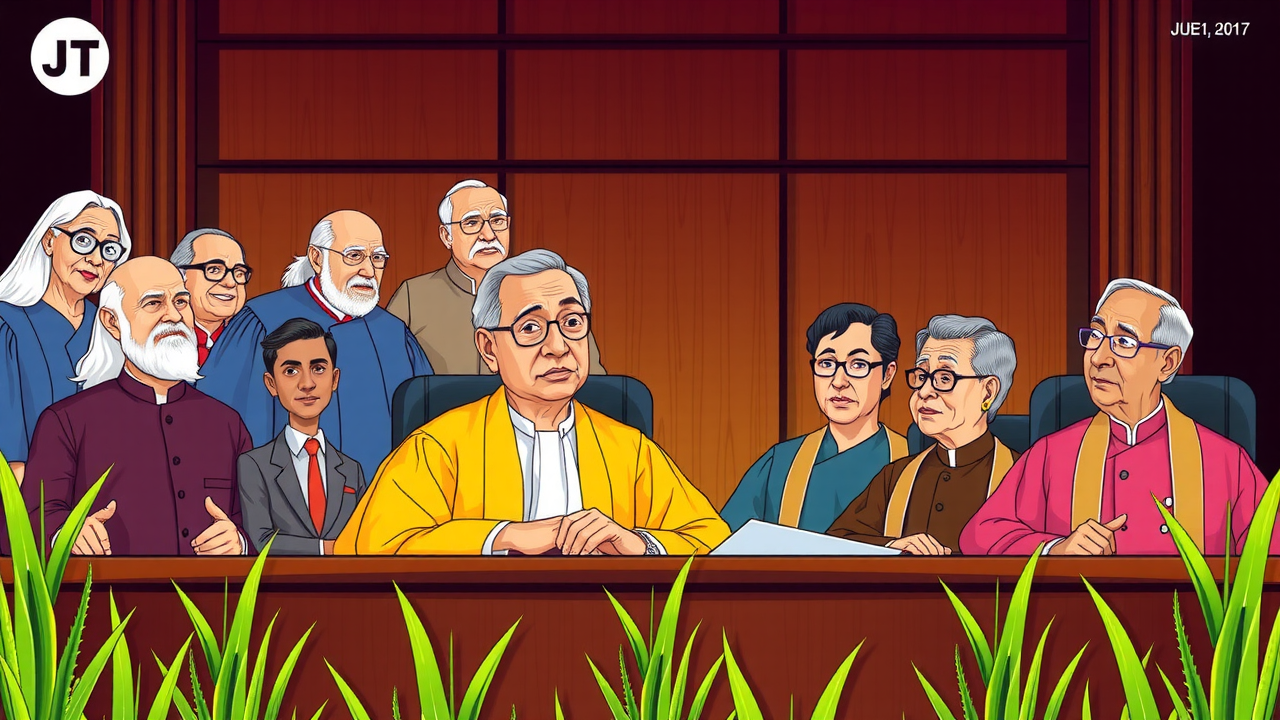
case-study
Case Study: Sajjan Singh v. State of Rajasthan
The Supreme Court in Sajjan Singh v. State of Rajasthan upheld the 17th Constitutional Amendment, validating its addition of laws to the Ninth Schedule, aimed at supporting socio-economic land reforms.
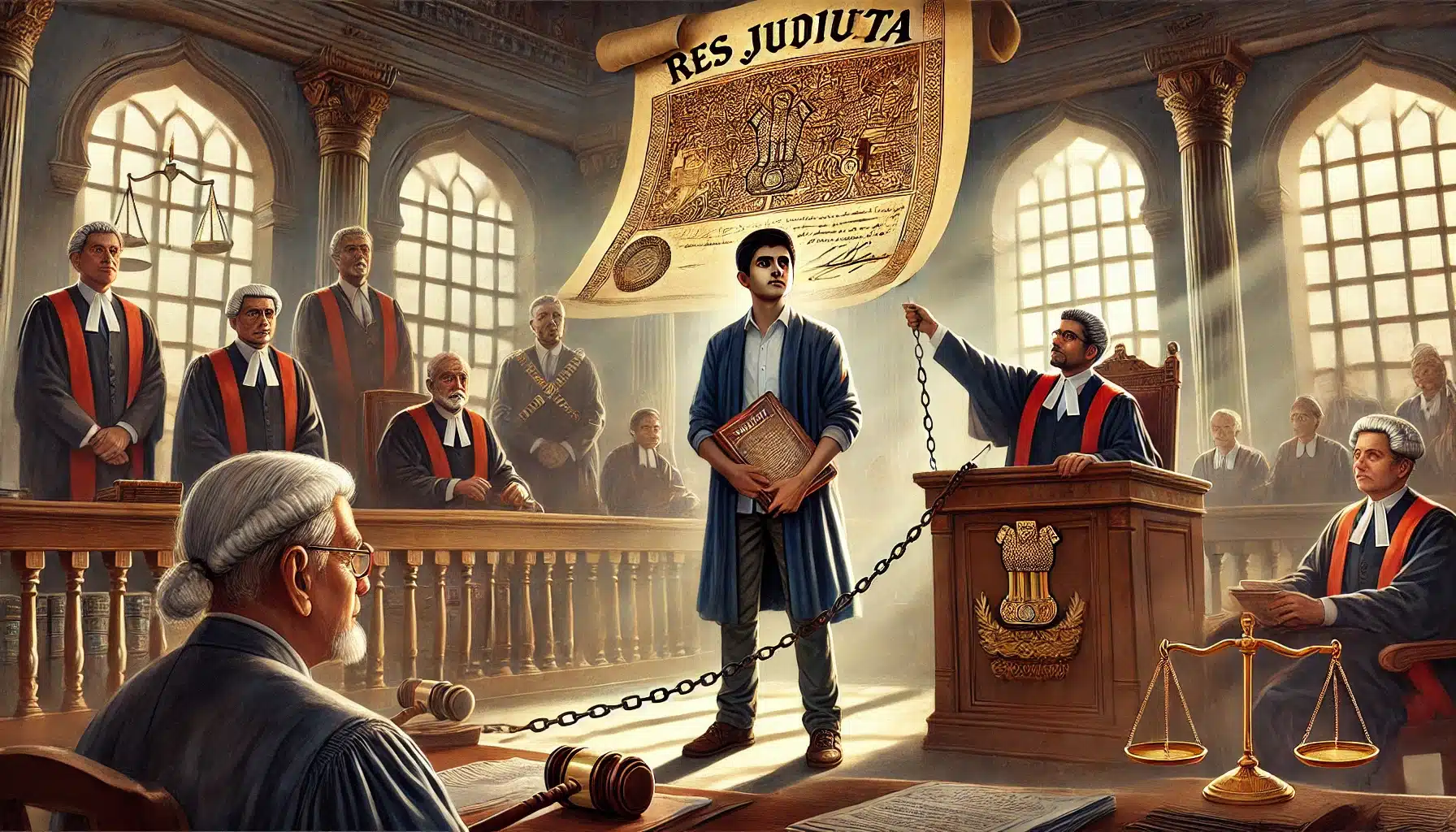
case-study
Case Study: Sulochana Amma v. Narayanan Nair
In Sulochana Amma v. Narayanan Nair (1994), the Supreme Court upheld the application of res judicata to injunction decrees from courts with limited pecuniary jurisdiction. The case involved property rights and multiple suits following the alienation of a life estate. The Court ruled that once a comp
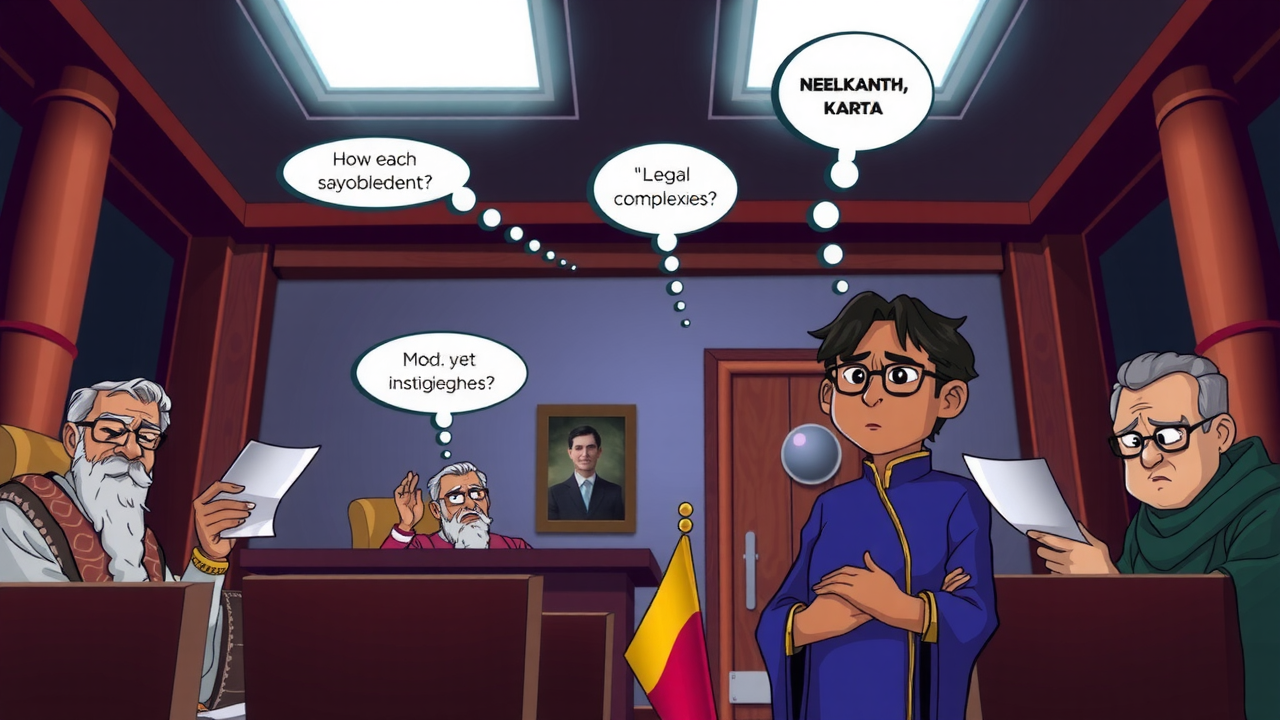
case-study
Case Study: Nanchand Gangaram v. Malappa Mahalingappa
In Nanchand Gangaram v. Malappa Mahalingappa (AIR 1976 SC 835), the Supreme Court held that Section 45 of the Indian Partnership Act does not apply to Hindu Joint Families, as these are based on status, not contract. The court emphasized that a Karta’s acknowledgment of debt cannot extend the statut
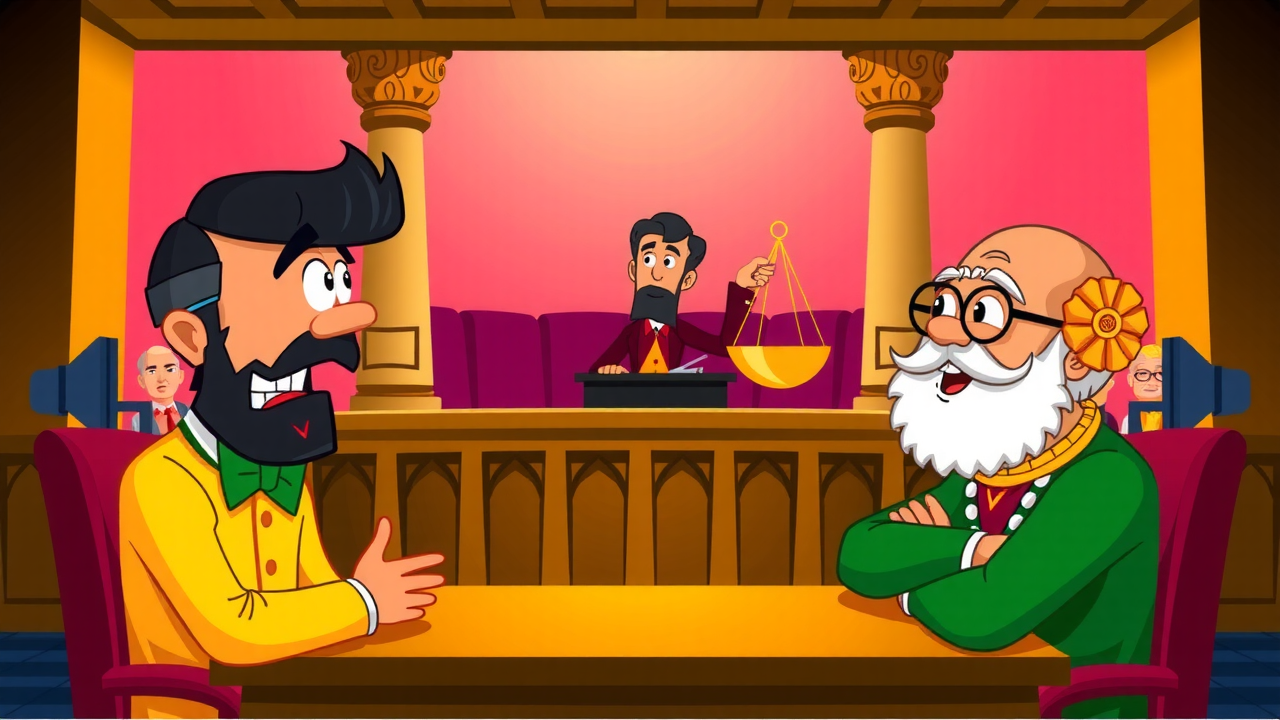
case-study
Case Study: Gherulal Parakh v. Mahadeodas Maiya
In Gherulal Parakh v. Mahadeodas Maiya (AIR 1959 SC 781), the Supreme Court of India held that while wagering contracts are void under Section 30 of the Indian Contract Act, they are not illegal under Section 23. The court ruled that partnerships formed for wagering purposes are not unlawful, as wag
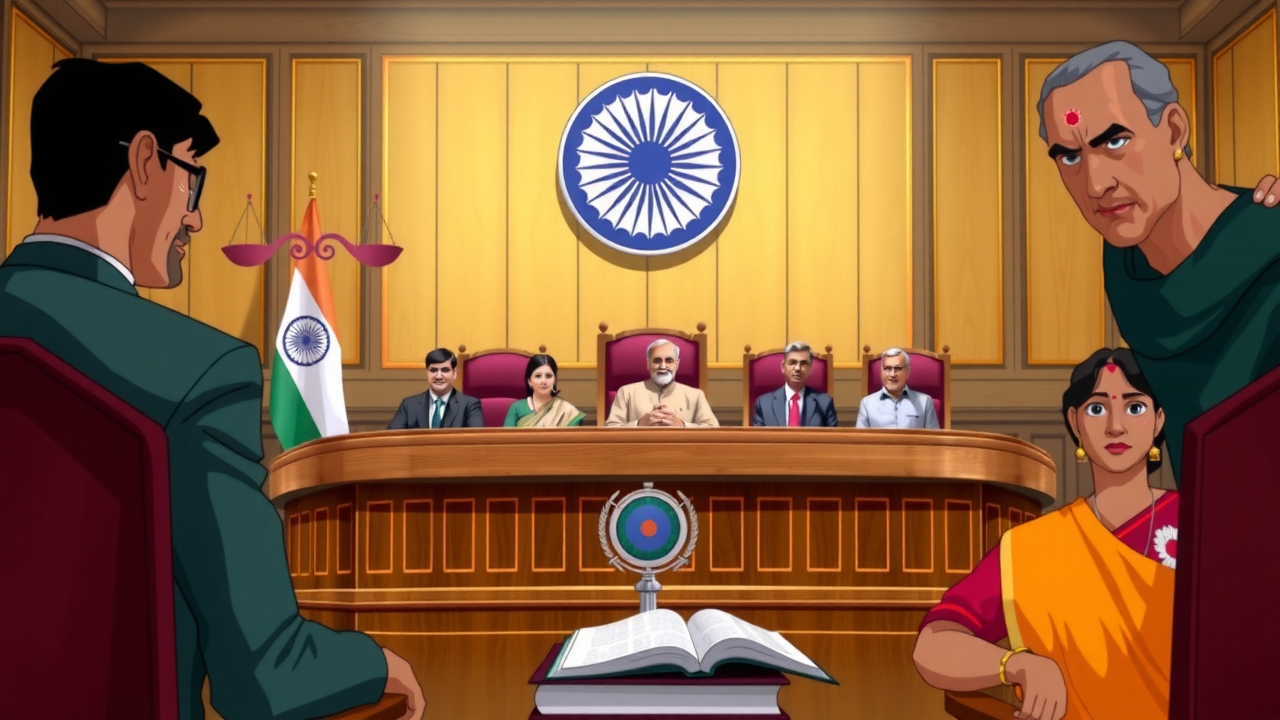
case-study
Case Study: Y. Narasimha Rao and Ors v. Y. Venkata Lakshmi and Ors
In Y. Narasimha Rao and Ors v. Y. Venkata Lakshmi and Ors (1991), the Supreme Court of India ruled that a foreign court’s decree dissolving a marriage is unenforceable if it lacks jurisdiction under Indian law. The Missouri court’s divorce decree, based on “irretrievable breakdown of marriage,” was
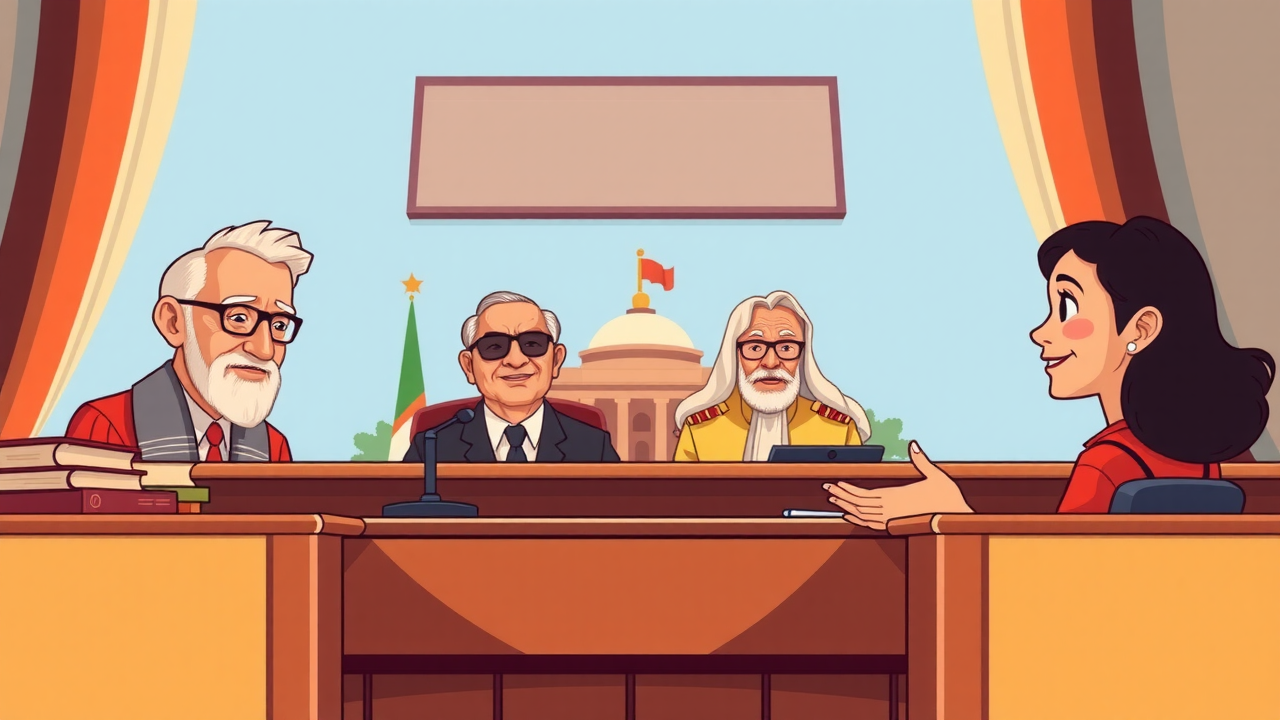
case-study
Case Study: Balvant N. Viswamitra and Ors. v. Yadav Sadashiv Mule (Dead) through Lrs. and Ors.
In Balvant N. Viswamitra and Ors. v. Yadav Sadashiv Mule (Dead) through Lrs. and Ors., the Supreme Court of India held that a decree passed by a court of competent jurisdiction is not void, even if erroneous, unless the court lacks jurisdiction over the subject matter or the parties. The High Court’
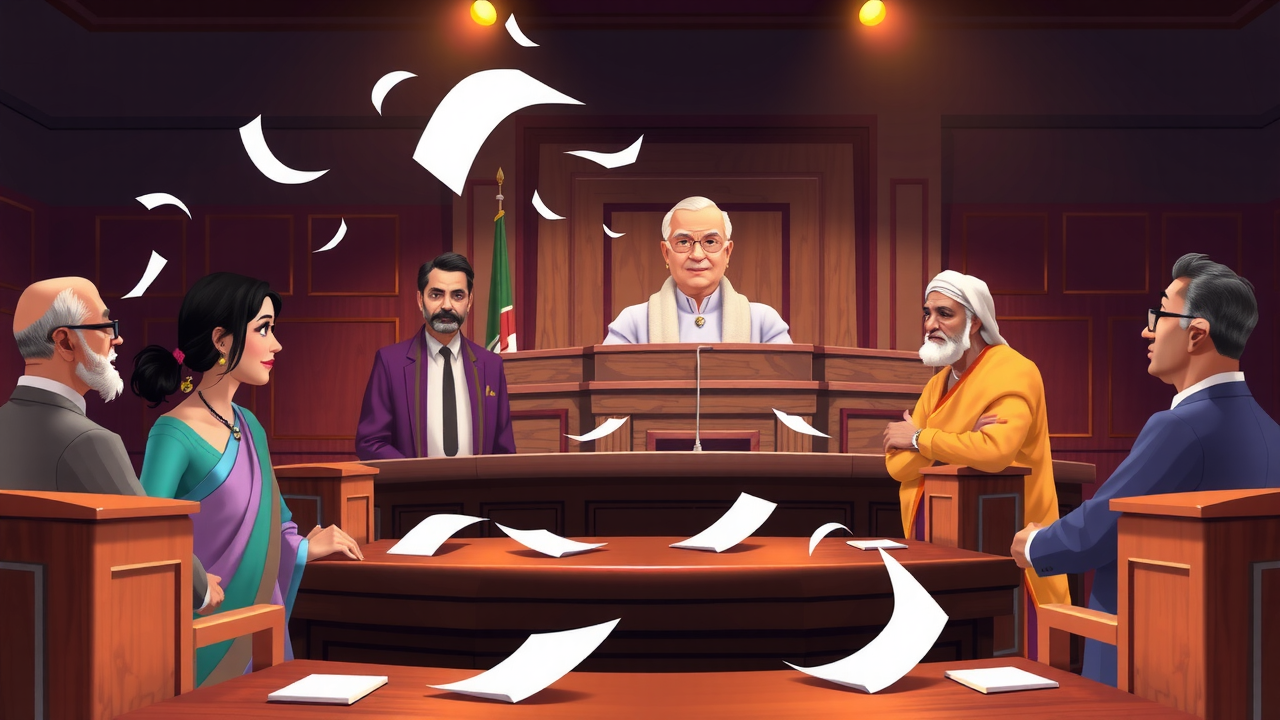
case-study
Case Study: Addanki Narayanappa and Ors. v. Bhaskara Krishtappa and Ors.
In Addanki Narayanappa and Ors. v. Bhaskara Krishtappa and Ors. (1966), the Supreme Court of India clarified that a partner’s interest in a firm during its existence is not specific to any particular asset, whether movable or immovable. Partners have no claim over specific properties but only to a s
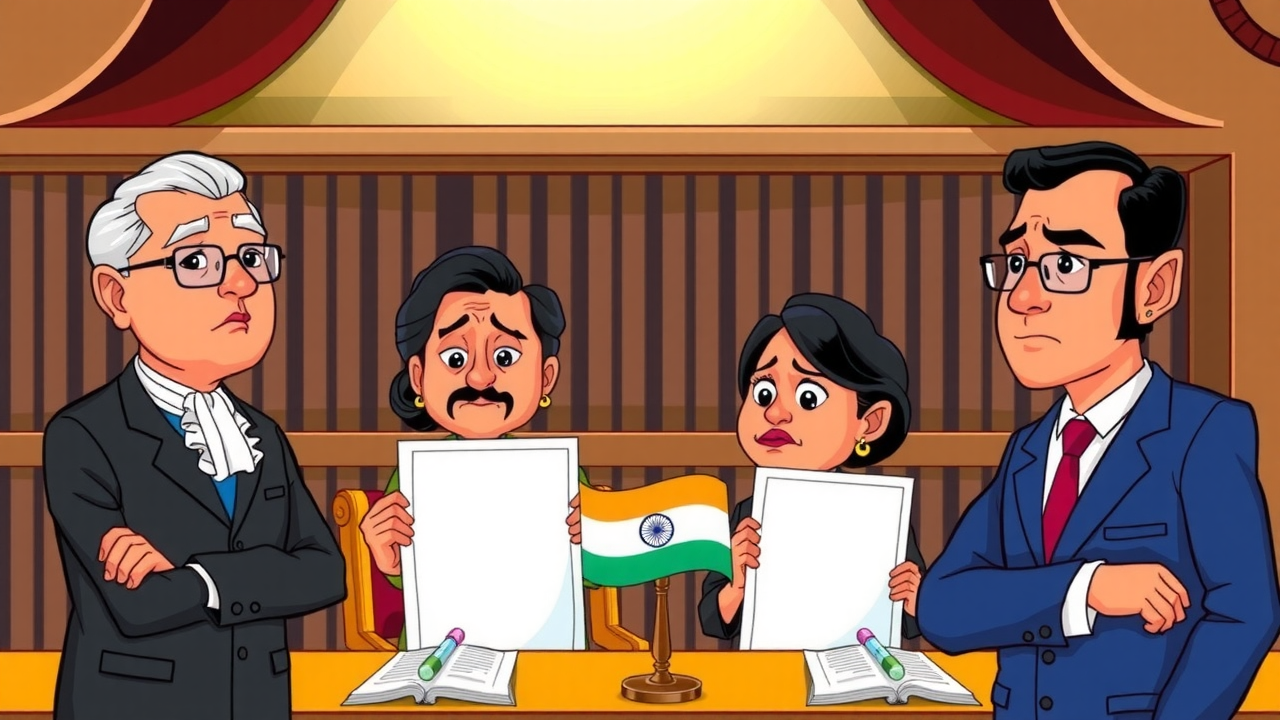
case-study
Case Study: Satya v. Teja Singh
“Indian courts are not bound to recognize foreign divorce decrees
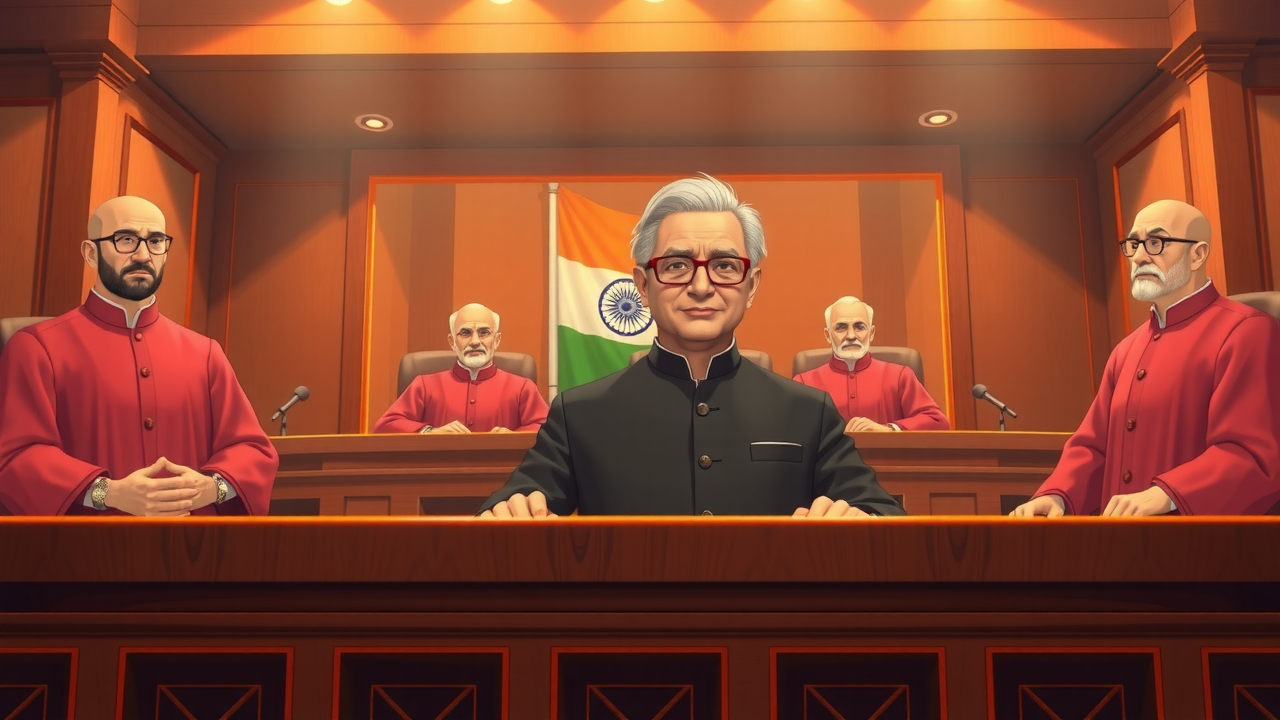
case-study
Case Study: In Re: The Berubari Union and Exchange of Enclaves
In In Re: The Berubari Union and Exchange of Enclaves (1960), the Supreme Court of India held that ceding Indian territory to a foreign state, even for settling boundary disputes, requires a constitutional amendment under Article 368. The Court clarified that such cessions cannot be made under Artic
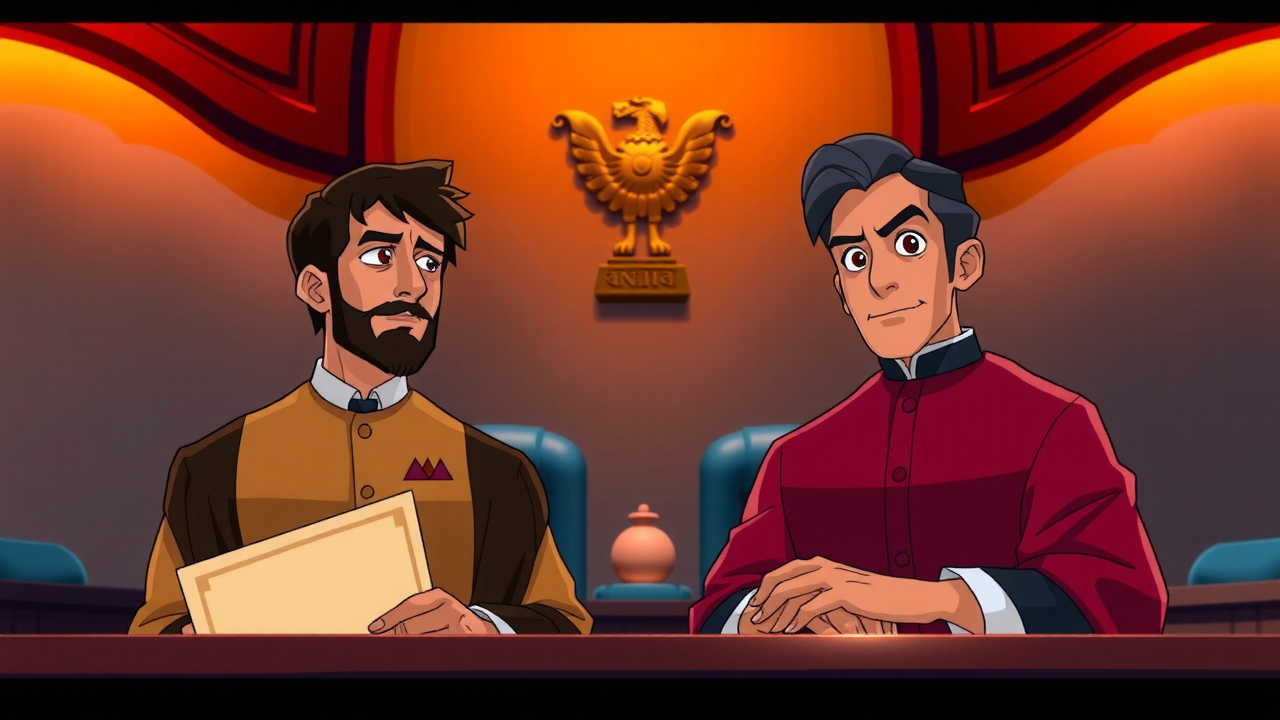
case-study
Case Study: International Woolen Mills v. Standard Wool (U.K.) Ltd.
In International Woolen Mills v. Standard Wool (U.K.) Ltd., the Supreme Court of India held that a foreign decree cannot be enforced in India if it is not passed on merits or violates principles of natural justice. The case involved an ex parte decree by a UK court, which lacked substantive examinat
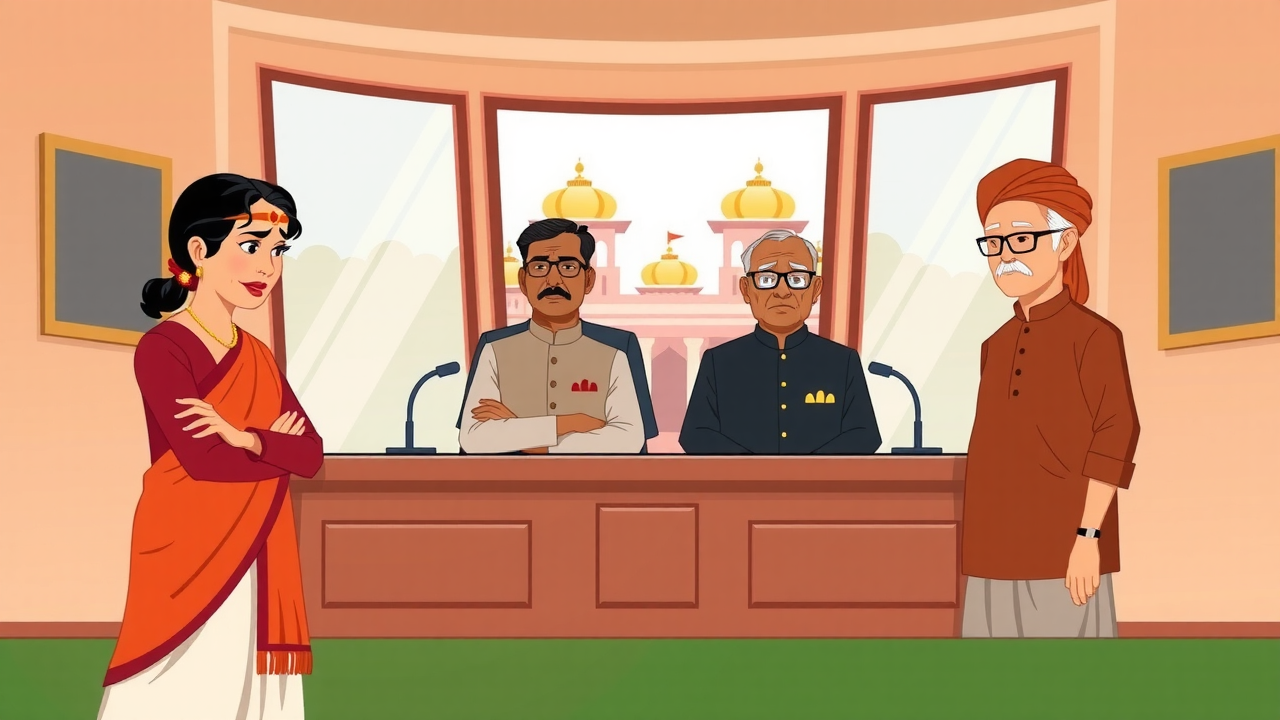
case-study
Case Study: Bhuri Nath and Ors. v. State of Jammu & Kashmir and Ors.
The case of Bhuri Nath & Ors. v. State of Jammu & Kashmir upheld the constitutionality of the Shri Mata Vaishno Devi Shrine Act, 1988, which transferred shrine management to a public board. The Supreme Court ruled that the Baridars’ customary rights to collect offerings could be extinguished for pub
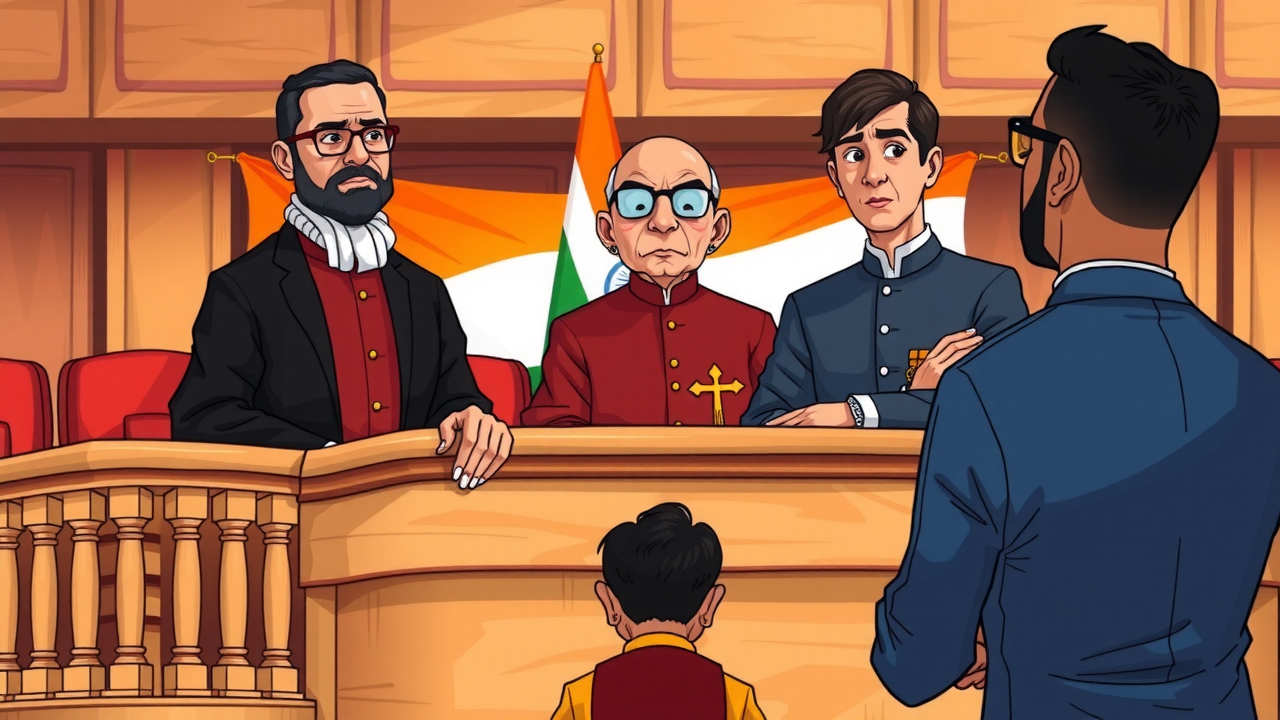
case-study
Case Study: Shyam Narayan Chouksey v. Union of India (UOI) and Ors.
In Shyam Narayan Chouksey v. Union of India (2018), the Supreme Court addressed whether playing the National Anthem in cinema halls should be mandatory. Initially, it required the anthem to be played before films, with attendees standing in respect. However, the Court later revised this, making the
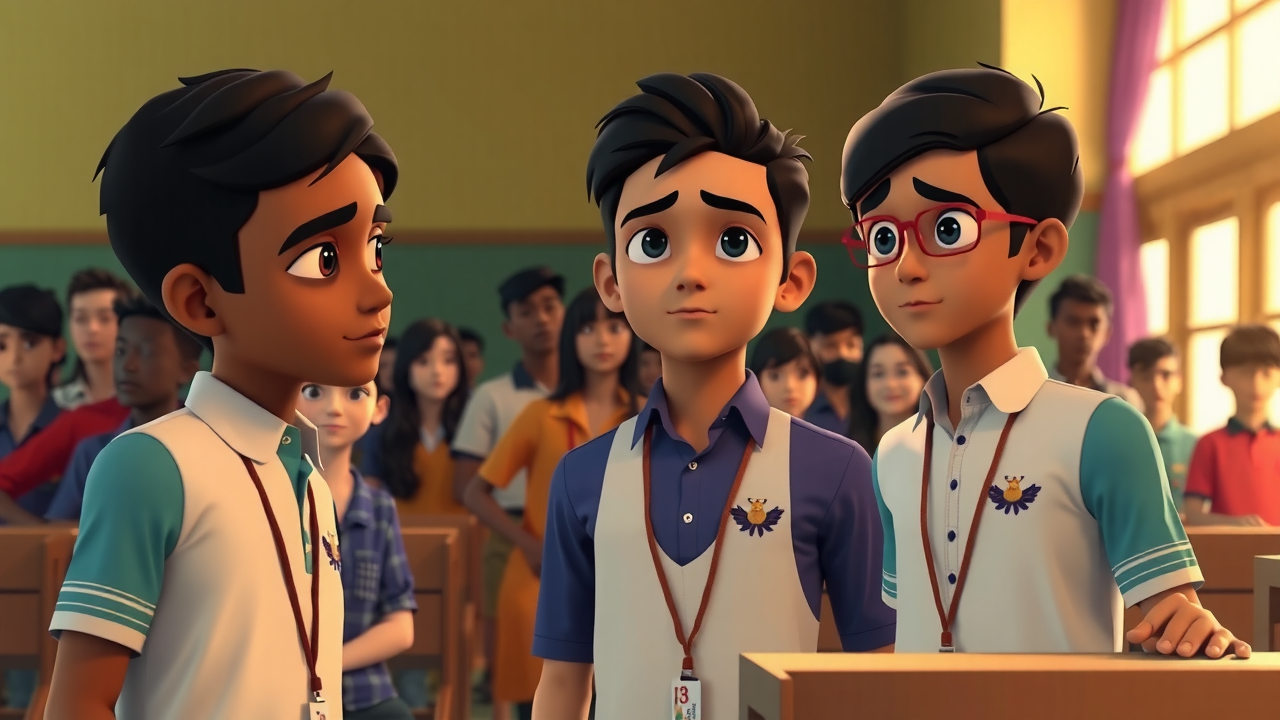
case-study
Case Study: Bijoe Emmanuel & Ors. vs. State of Kerala & Ors.
In Bijoe Emmanuel & Ors. v. State of Kerala & Ors. (1986), the Supreme Court of India ruled that expelling students for refusing to sing the National Anthem due to their religious beliefs violated their Fundamental Rights under Articles 19(1)(a) and 25(1). The Court held that standing respectfully d
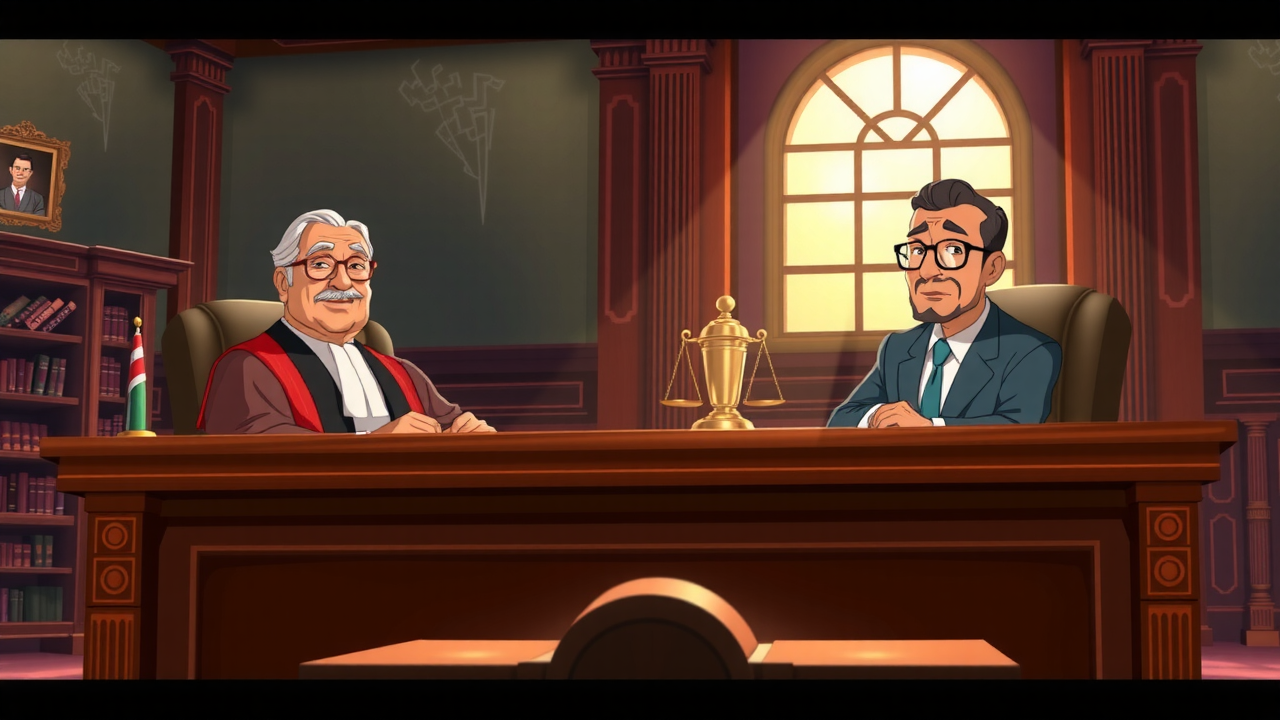
case-study
Case Study: Shanker Housing Corporation (Ext.) v. Mohan Devi and Eight Ors
In Shanker Housing Corporation (Ext.) v. Mohan Devi & Ors., the Delhi High Court ruled that under Section 69(2) of the Indian Partnership Act, a firm can only sue a third party if the firm is registered and all partners involved in the lawsuit were listed in the Register of Firms at the time the sui
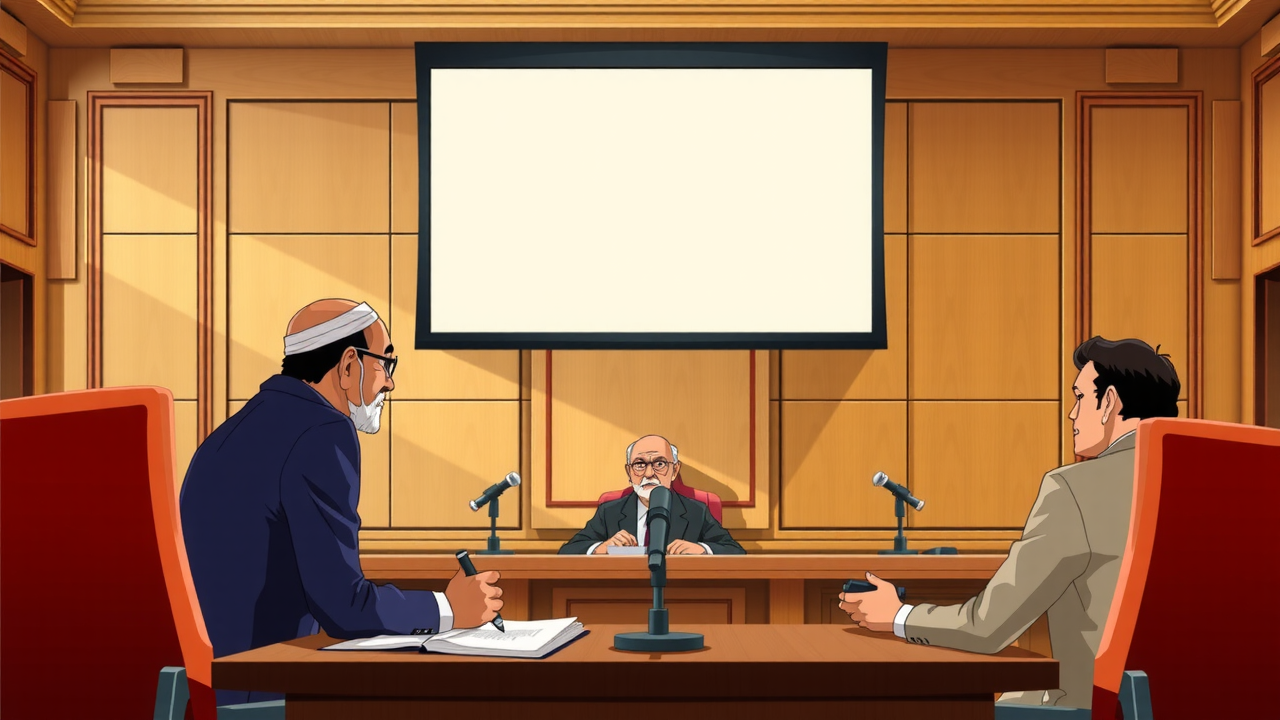
case-study
Case Study: Zee Telefilms Ltd. v. Sundial Communications Pvt. Ltd.
In Zee Telefilms Ltd. v. Sundial Communications Pvt. Ltd. (2003), the Bombay High Court ruled that while ideas themselves are not protected by copyright, the specific expression of those ideas can be. The court found that the defendant had violated the plaintiff’s confidentiality and had infringed u
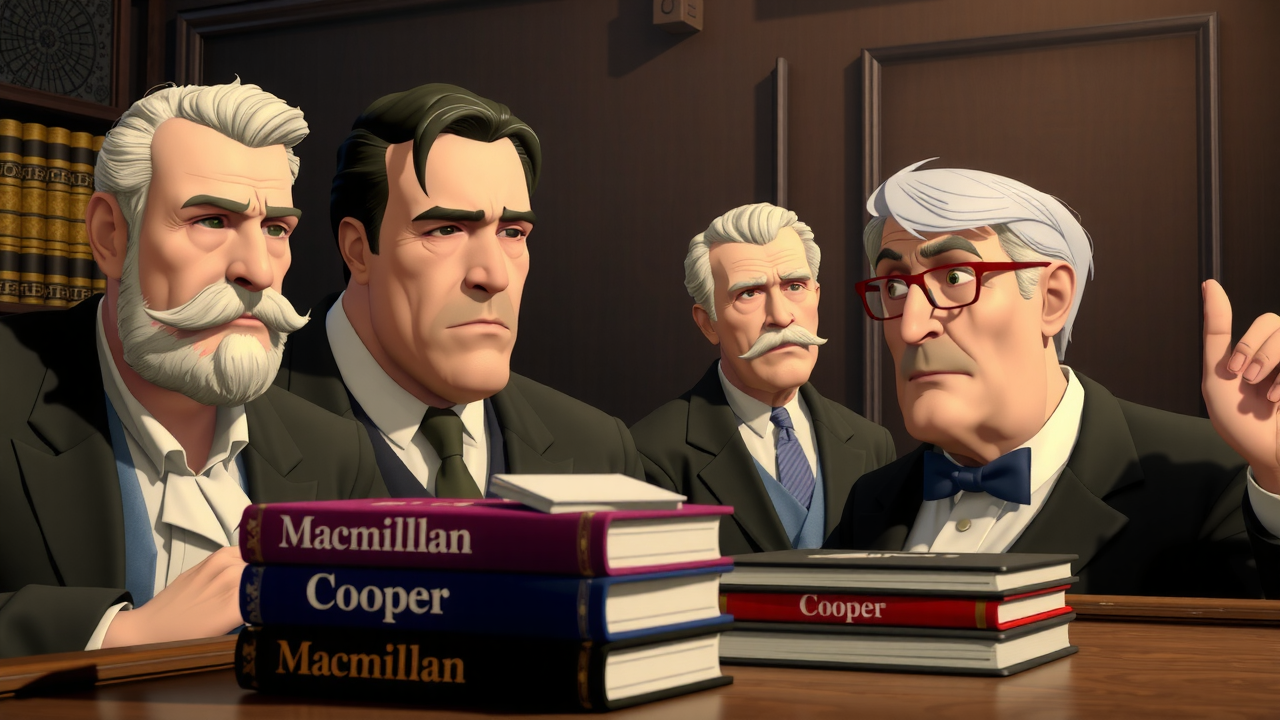
case-study
Case Study: Macmillan And Company Ltd. v. K. And J. Cooper
In Macmillan And Company Ltd. v. K. And J. Cooper, the Bombay High Court addressed the issue of copyright infringement. The appellant’s abridged version of North’s Life of Alexander included original notes. The court ruled that while neither party’s abridgement qualified as original literary work, t
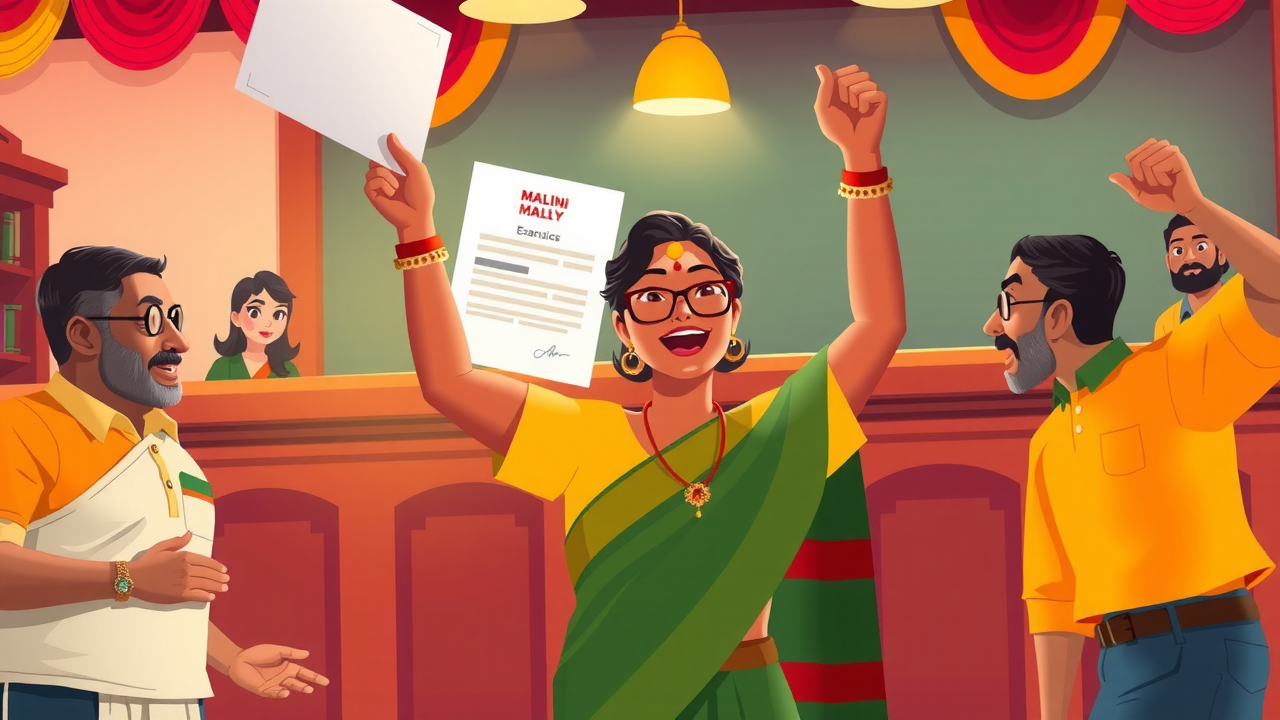
case-study
Case Study: Academy of General Education Manipal v. B. Malini Mallya
In Academy of General Education Manipal v. Malini Mallya (AIR 2009 SC 1982), the Supreme Court of India affirmed Malini Mallya’s copyright over the YakshaRanga ballets created by Dr. Kota Shivarama Karanth. The Court upheld Sections 13 and 17 of the Copyright Act, 1957, establishing that Mallya, as
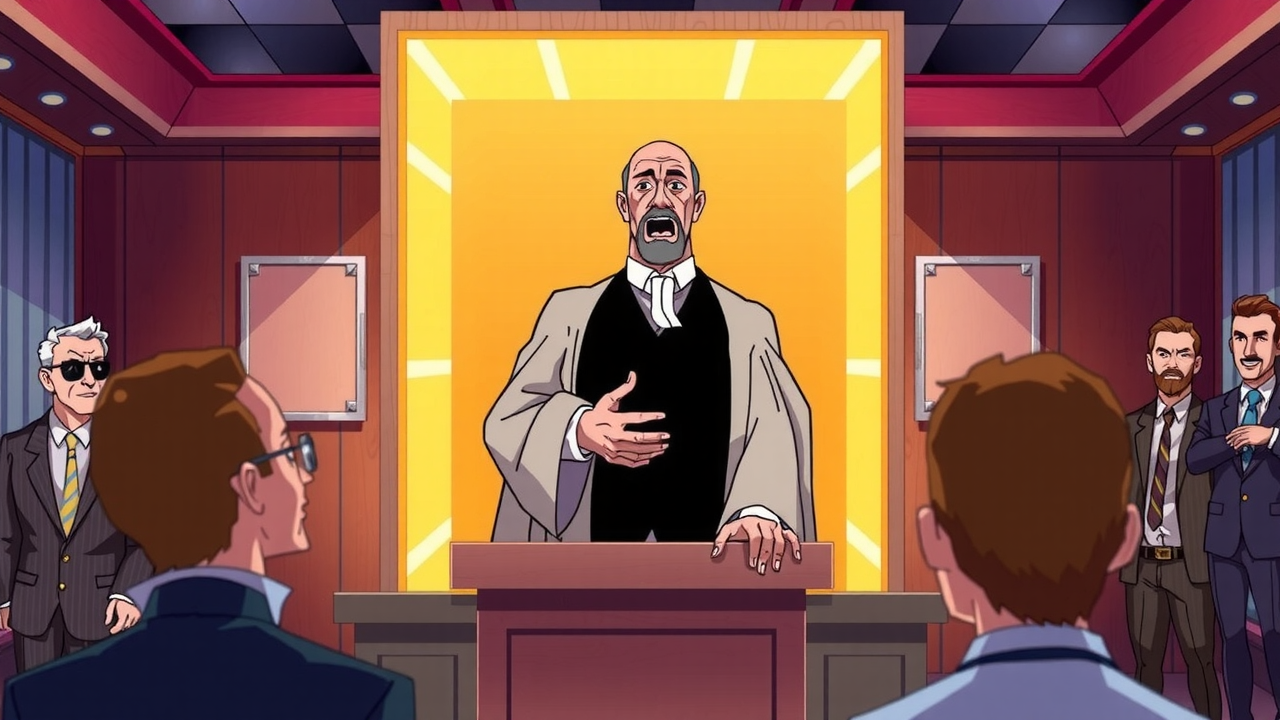
case-study
Case Study: Dalmia Cement Ltd. v. Galaxy Traders & Agencies Ltd.
In Dalmia Cement Ltd. v. Galaxy Traders & Agencies Ltd. (2001), the Supreme Court of India held that a dishonored cheque can be presented multiple times during its validity, with each dishonor giving rise to a new cause of action under Section 138 of the Negotiable Instruments Act. The Court overtur
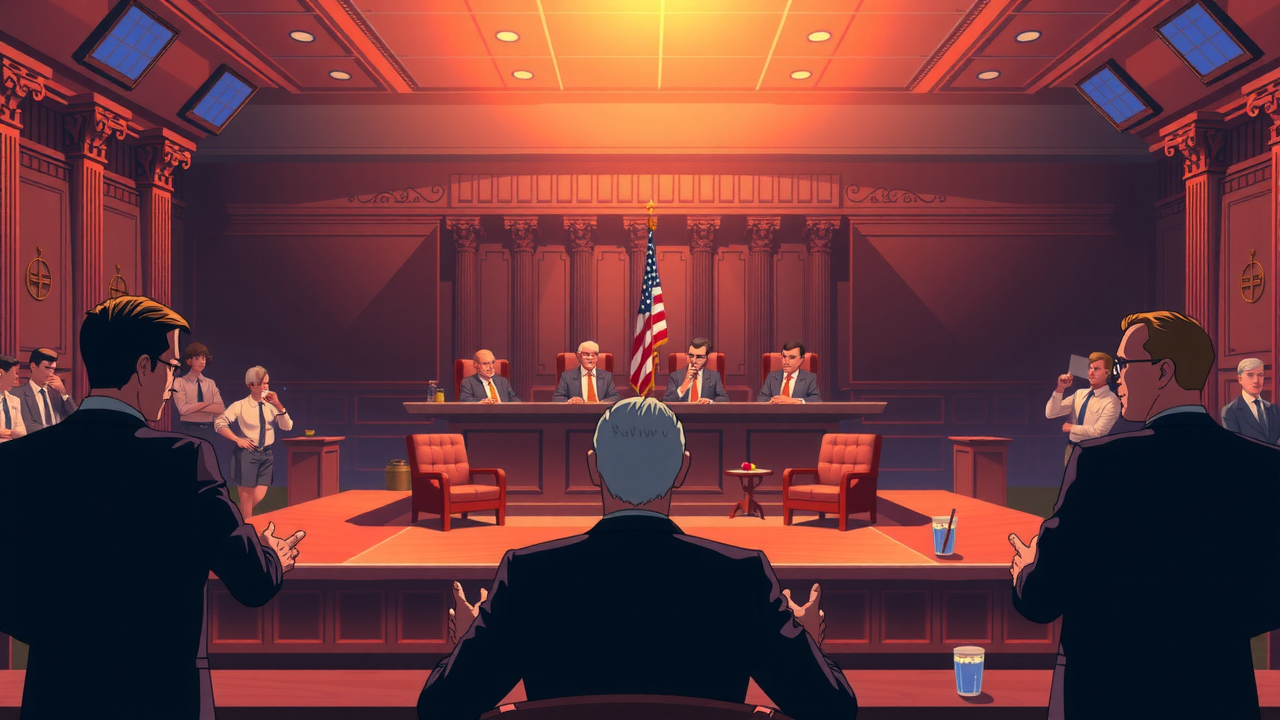
case-study
Case Study: Feist Publications, Inc. v. Rural Telephone Service Co.
In Feist Publications, Inc. v. Rural Telephone Service Co., the U.S. Supreme Court held that Rural’s white pages directory was not eligible for copyright protection because it lacked originality. The Court ruled that copyright applies only to works with a minimum level of creativity, rejecting the “
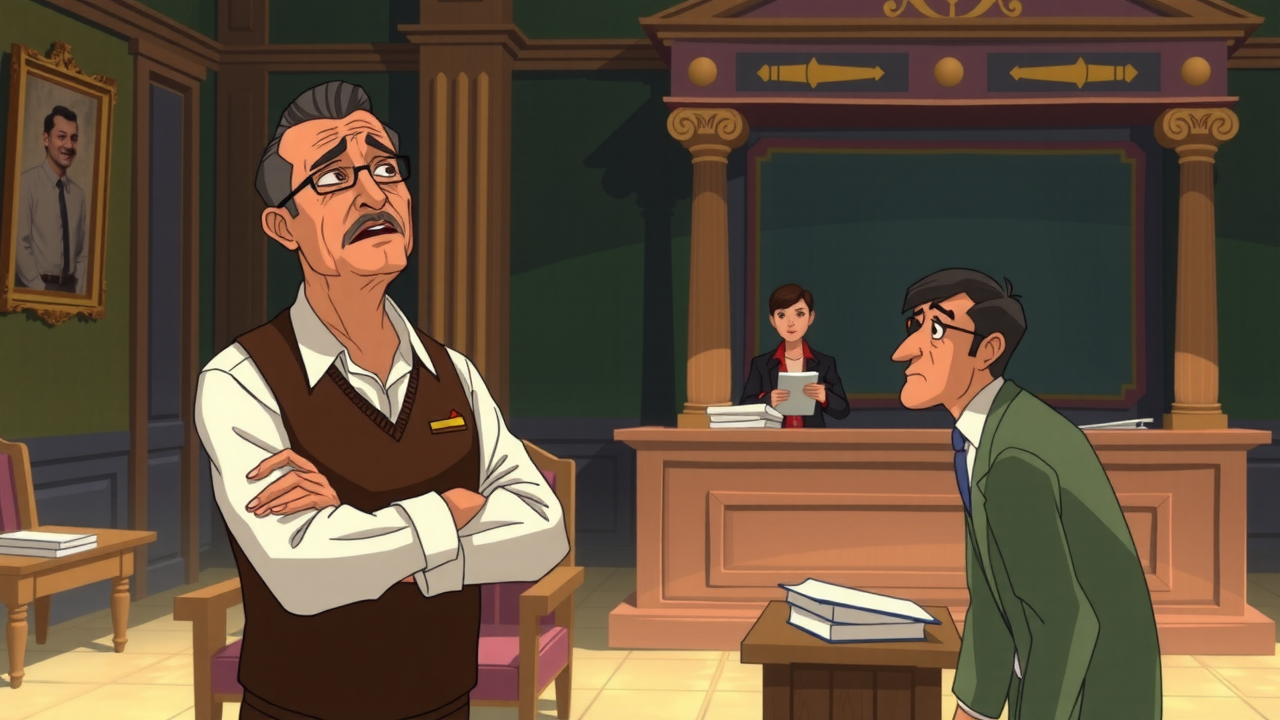
case-study
Case Study: R.G Anand v. M/S. Delux Films & Ors
In R.G. Anand v. M/S. Delux Films & Ors., the Supreme Court of India clarified that copyright protection extends to the expression of an idea, not the idea itself. The case revolved around the alleged infringement of the play Hum Hindustani by the film New Delhi. The Court ruled that since the simil

case-study
Case Study: Creation Records Ltd v. News Group Newspapers Ltd.
In Creation Records Ltd v. News Group Newspapers Ltd (1997), the High Court held that a photograph taken during a photo shoot for the band Oasis did not infringe on the copyright of the artistic props used in the scene. The court ruled that the photograph was an independent and original creation by

